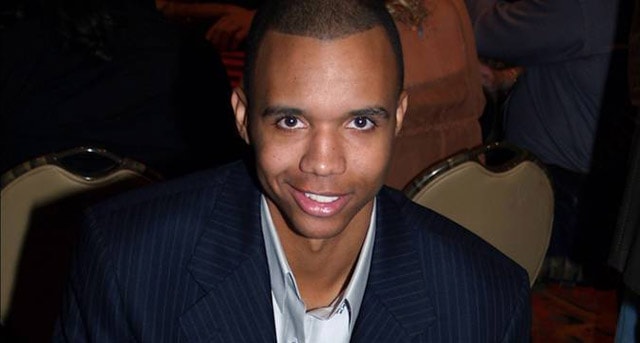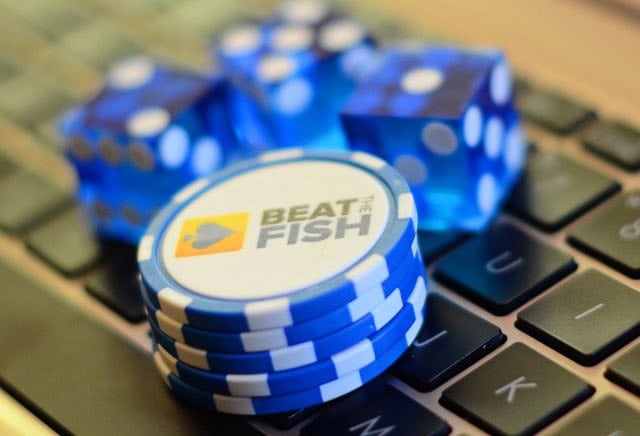
Although things seem rather bleak for Phil Ivey in his case against London’s Crockfords Casino, the high roller isn’t ready to throw in the towel just yet. Ivey and his attorney proceeded to appeal the decision with the UK Supreme Court, and they were granted the approval to give it one last shot.
Table of Contents
£7.8 million hanging in the balance
To briefly remind you, Phil Ivey is suing Crockfords Casino to the tune of £7.8 million he won back in 2012 playing baccarat. Crockfords refused to pay the high roller after they had concluded Ivey and his partner were using a technique known as “edge sorting.”
Edge sorting is a skill of recognizing small defects on the backs of the cards, allowing the player to distinguish favorable from unfavorable cards in the game of baccarat. Although it doesn’t guarantee the win, successful application of edge sorting turns the edge in player’s favor.
Ivey never tried to refute the casino’s claims, but he was firm in his stance that edge sorting doesn’t constitute cheating. He insisted that the technique involves applying skills and does give an advantage to a player, but it uses no outside help or go against the rules of the game.
Courts disagree
Ivey’s actions split the community, as some were inclined to see things Ivey’s way, while others were convinced that, at some level, edge sorting was simply cheating; even more so given the fact Ivey requested to play with particular decks of cards he knew had the defect.
In the end, the only opinion that truly mattered was that of UK courts, and they (surprisingly) sided with the casino. During first Ivey’s appearance at the court, the judge deemed him a “truthful witness,” but decided Ivey’s actions justified the casino’s decision not to pay.
The high roller was obviously not happy with this decision and proceeded to seek justice at the Court of Appeal. The fact the Court of Appeal accepted to hear the case gave some hope, but they ended up pretty much repeating what was already said.
It seemed like game over at that point, but Ivey’s attorney managed to take things to the next level.
Ivey to appear before the UK Supreme Court
After the Court of Appeal had shut down Ivey’s request, odds of the Supreme Court accepting to even hear the case were very slim. However, the high roller’s legal time managed to schedule a hearing date, giving Ivey another, final shot to retrieve the money he won.
In the statement following the news, Ivey didn’t try to hide his excitement. He emphasized the opportunity to fight at the Supreme Court wasn’t important just for him personally, but for the entire gaming industry and anyone who might find themselves in the similar situation.

Matthew Dowd, one of the lawyers representing the high roller, explained that the fact the Supreme Court granted the right to appeal means they agree the Court of Appeal didn’t do things right. According to Dowd, their decisions left Section 42 of the Gambling Act completely unclear, and they hope to rectify this at the Supreme Court.
Ivey certainly seems positive about his prospects, and it will be interesting to see what decision the Supreme Court will reach. If Ivey is awarded his winnings, it would be a strong precedent demonstrating that casinos can’t get away with what was basically a freeroll.








I really don’t have any sympathy for the casino. If they choose to use ‘marked’ cards that a player can utilise for his/her own potential benefit, it’s their lack of quality control at fault, not the player.
Agreed, Steve. To me, the biggest issue is that the casino complied with all of Ivey’s requests.
I mean, why did they think he was specifying the number of decks, etc.? What reason did they think that someone as savvy and experienced as Phil Ivey had for requesting that?
He was obviously aware of how to turn the tables in his favor and the casino was oblivious.
I can’t speak for the legal side, but from a logic standpoint I don’t see how the casino has a case after they voluntarily complied with Ivey’s requests.